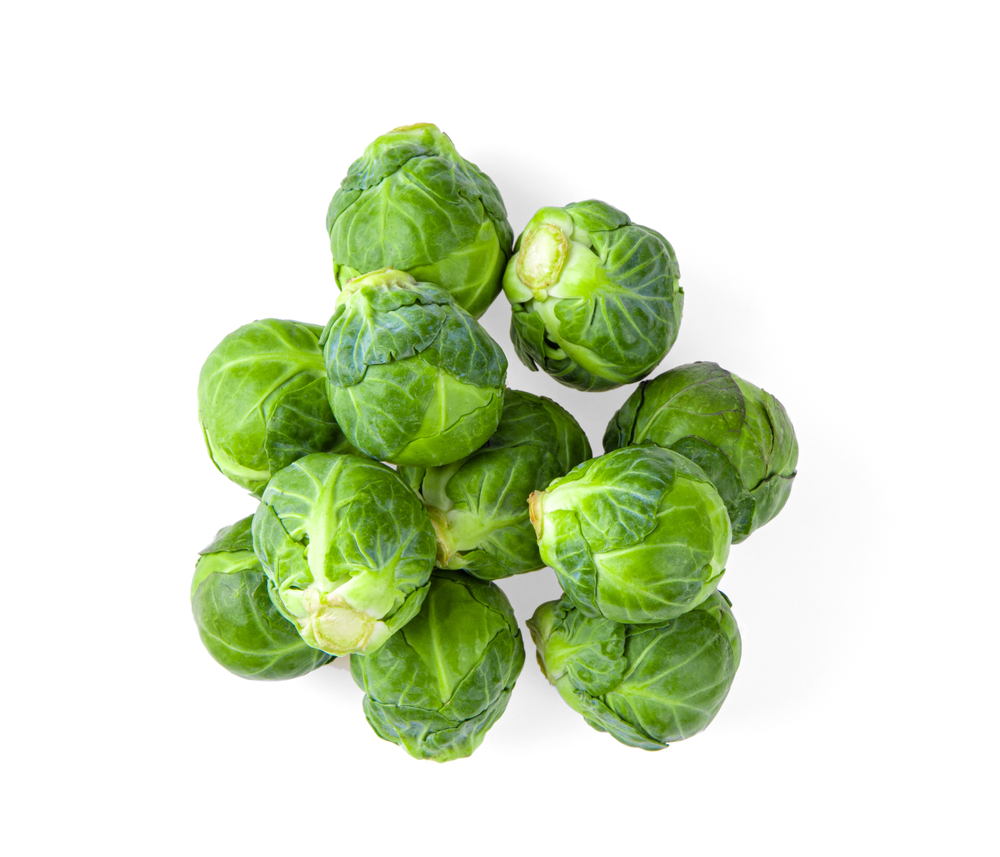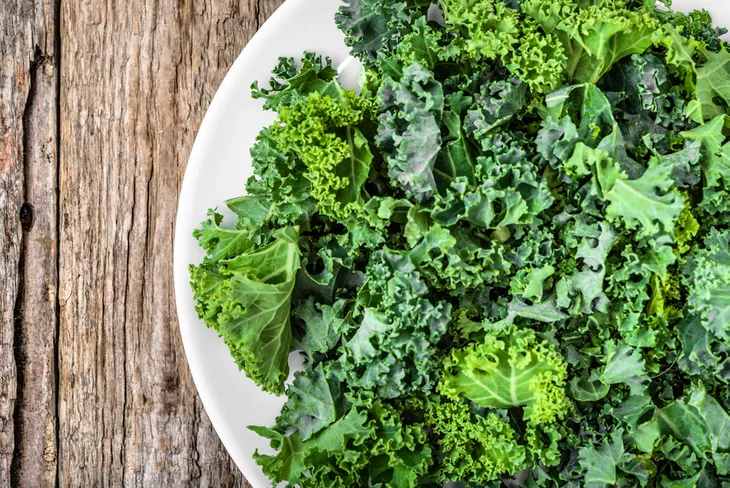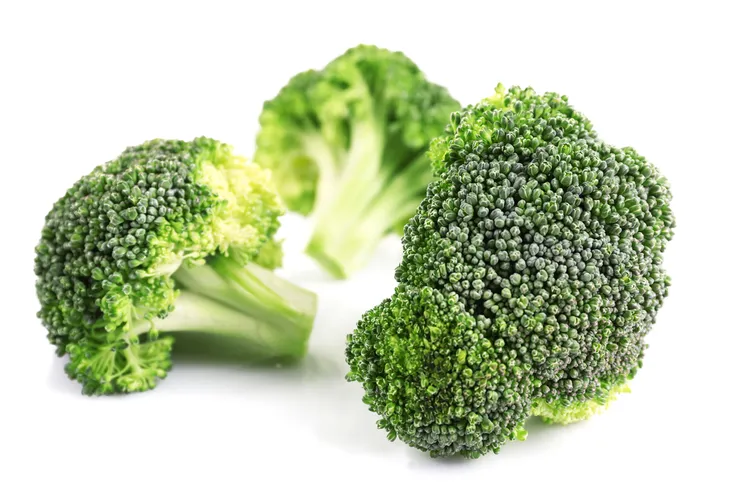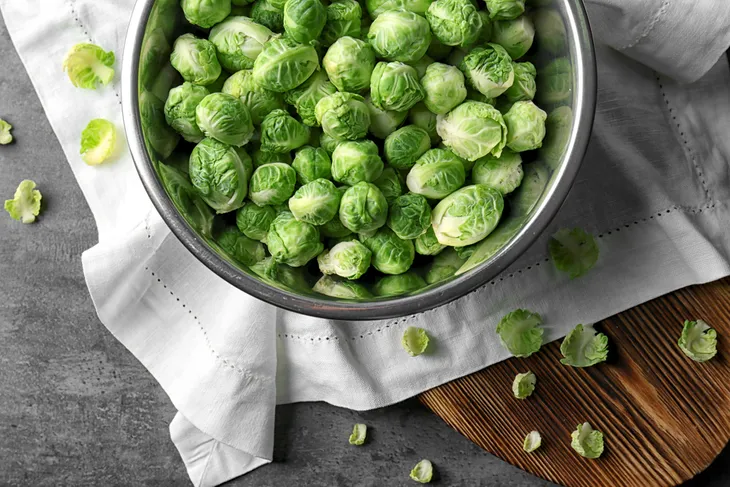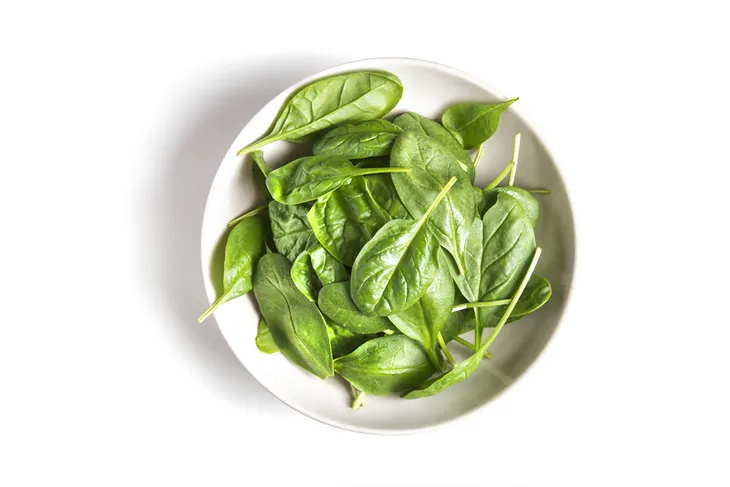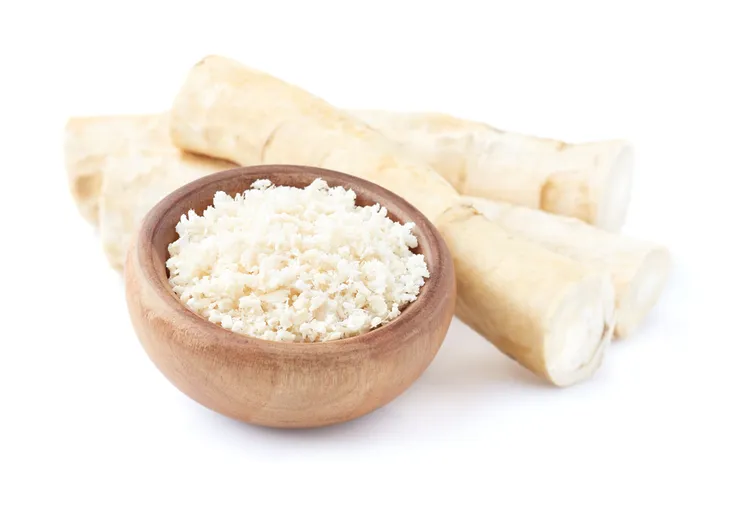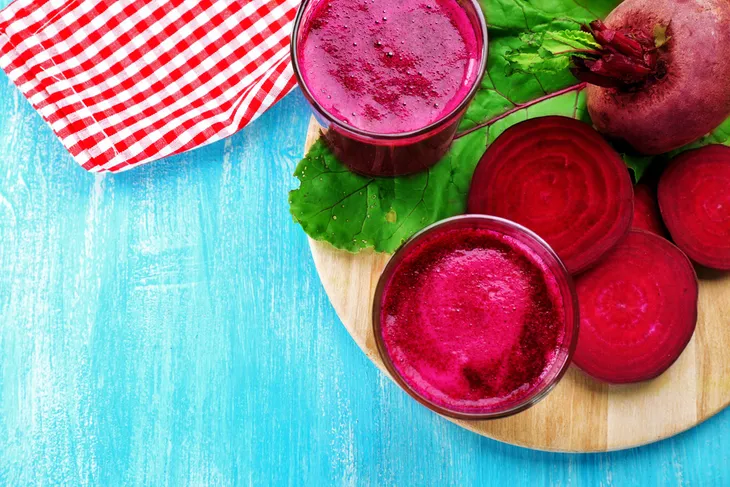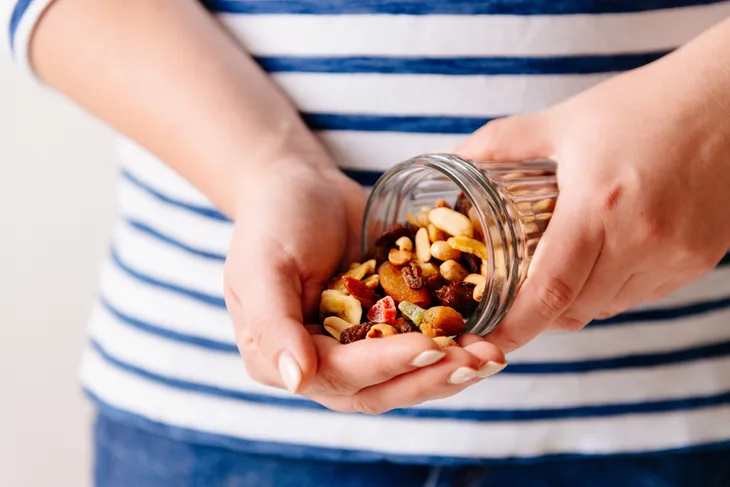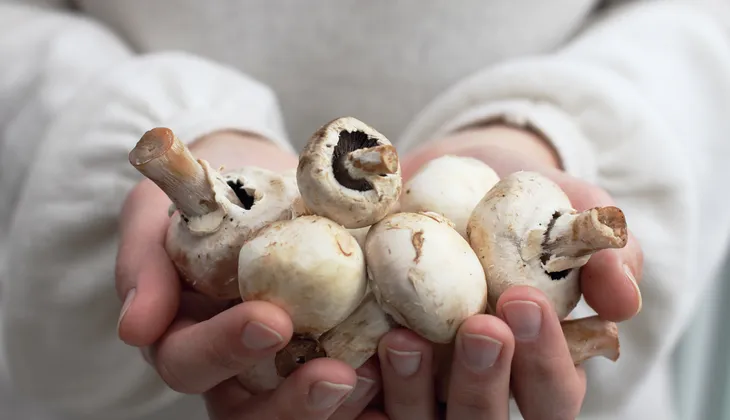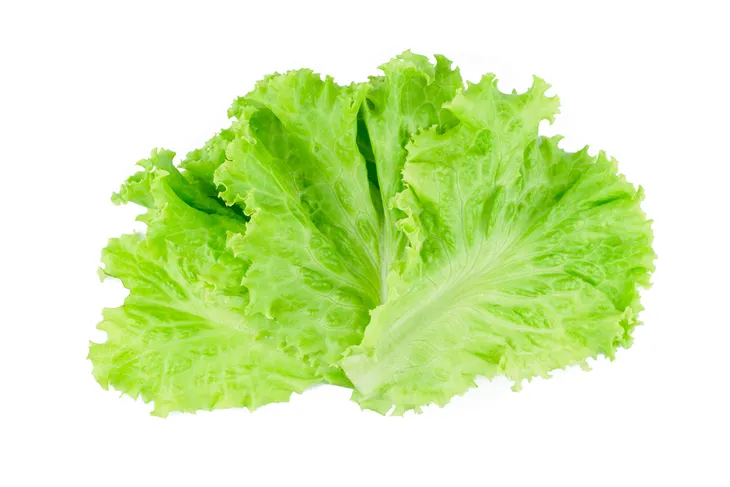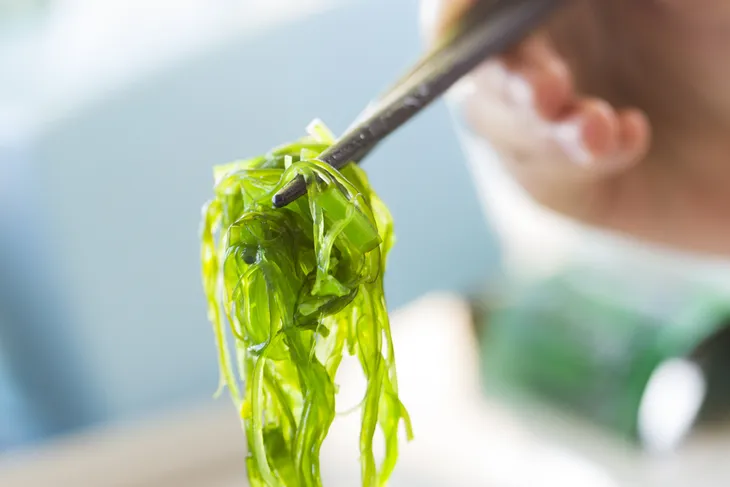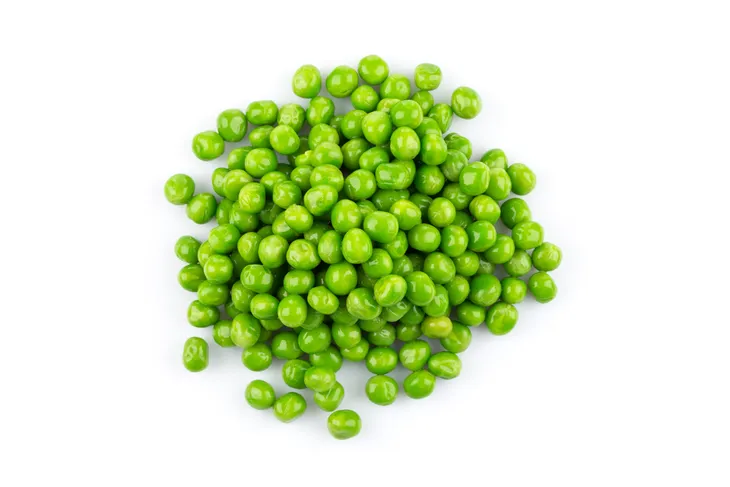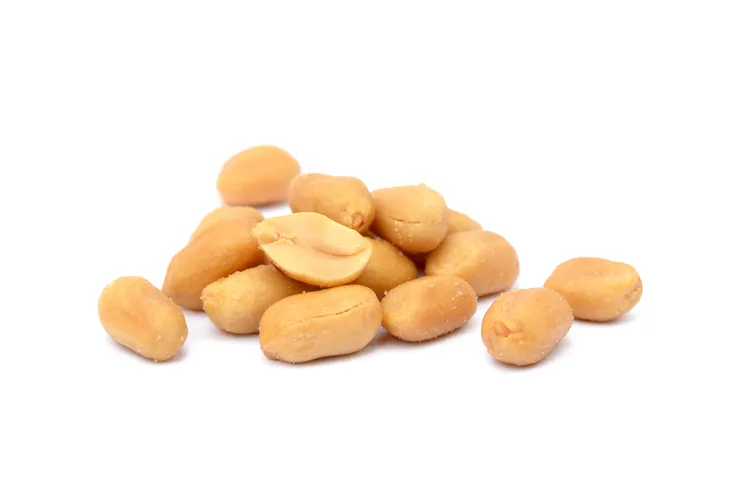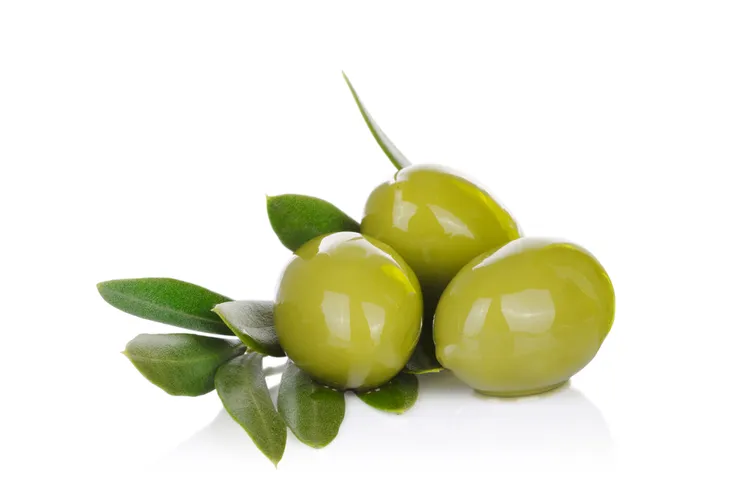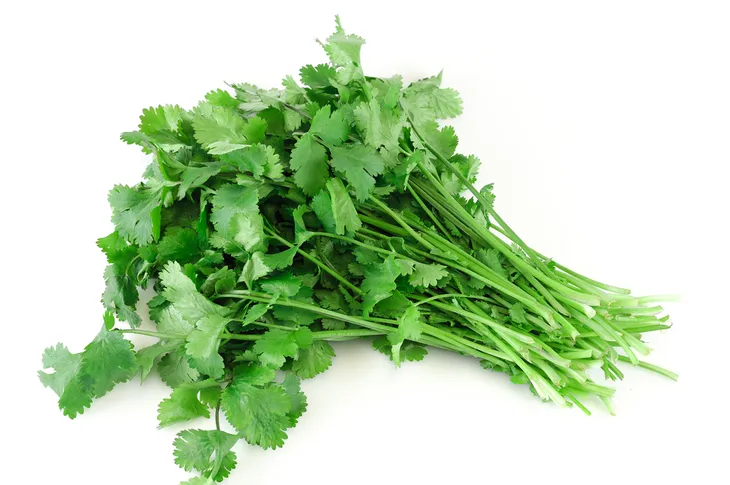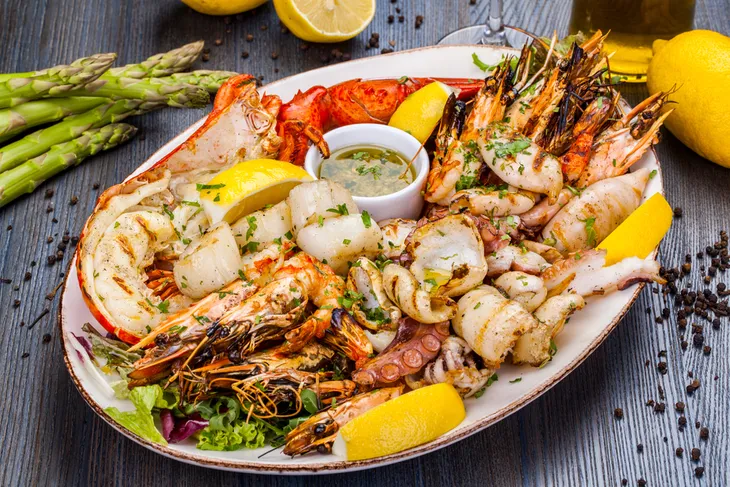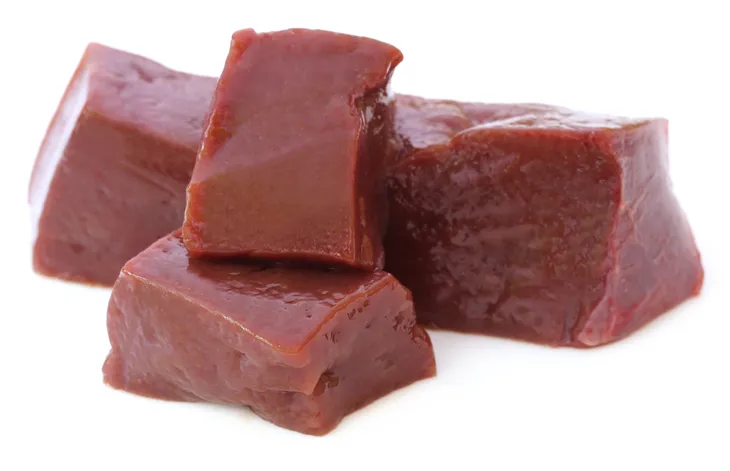Without thinking about your response, what’s your favorite food? You probably had to pause to answer that question, and you’re not alone. Most people can probably think of a laundry list of foods they love.
However, if you had to name the food you hate most, you’d probably blurt out your answer without hesitation. Chances are good you’d mention some of the same items that many others would list, too. Read on to discover 15 frequently hated foods — and some reasons you might want to try to learn to love them!
Want diet & nutrition content delivered straight to your inbox? Sign up for our exclusive diet & nutrition newsletter!
Kale and Kale Smoothies
All must bend the knee to King Kale! If it sounds like nutritional experts extol the virtues of this leafy green to the point of nausea, it’s for many positive reasons. For only 33 tiny calories, you get a ton of protein and nutrients from this superfood.
The problem with kale is that it tastes bitter, which some folks seek to remedy by mixing it into a smoothie. The problem is, this green is so rich in phytonutrients, the resulting beverage always resembles pond scum, even if you blend in strawberries and almond milk.
If you can’t tolerate downing something from that portion of the rainbow, try adding a few leaves of kale to your wrap or sandwich. The other flavors will mask the taste. All you’ll enjoy is the crunch and nutrition.
Broccoli
Remember when George H.W. Bush declared his characteristic distaste for broccoli — and people loved him for doing so? The former president isn’t the only one with a deep and abiding distrust of “little trees.” Many people shy away from this veggie, but they’d benefit by adding more of it to their diets.
What makes broccoli so beneficial to health? It contains a substance called sulforaphane that can help prevent cancer and slow its progression. George Carlin wasn’t entirely joking about getting yourself a bowl of this deep green if you get a diagnosis of the disease.
Better yet, incorporate it into your diet by adding riced florets to your soups. You won’t notice the taste, but you’ll reap the benefits.
Brussels Sprouts
They look like adorable baby cabbages, so why do so many folks hate them? Brussels sprouts can taste bitter, depending on how they’re prepared. But looks count for something, right?
Maybe you shy away from this vegetable because you suffer gas and bloating after eating it. However, this effect could result from the high fiber content, so see if eating other vegetables produces similar symptoms. Adding a hint of sugar to the water while steaming can cut some of the bitter taste. Another method is dry roasting or roasting with a small amount of oil helps reduce the unpleasant smell/taste.
Spinach
Popeye adored the stuff, so you should, too! Why? Spinach contains a ton of protein and iron, two substances that people need to consume. Adults who consume red meat typically get both from that source, but spinach can help you get these substances without as much risk to your colon health.
Spinach, like kale, can taste bitter. However, you can puree it into a creamy sauce for pasta dishes — adding other sweet ingredients combats the flavor.
Horseradish
Some like it hot — some do not. If you fall into the latter crowd, you have ample reason to stay away from horseradish. This root vegetable will bring some significant sweat to your brow.
However, if you do like spice, the next time you have a cold, reach for this root herb. You’ll open up your sinus passages without needing a chemical decongestant. Some research indicates that it could delay the spread of metastatic cancer cells — yet another reason to opt for the extra-spicy cocktail sauce.
Beets
Beets look kind of odd — and the deep magenta color can raise eyebrows. The hue gives a hint to the health benefits, though. Beets produce nitric acid, which aids in blood circulation. Some researchers believe this effect may cut your risk of dementia, so if the condition runs in your family, dig in.
However, do exercise caution if you have kidney ailments. Beets are also high in oxalates, which can cause stones in susceptible individuals. These are concentrated primarily in the greens, so if you stick to a modest serving of the roots, you should avoid this effect.
Dried Fruit
To make dried fruit, manufacturers remove almost all the water content from fruit using various drying methods. The fruit shrinks into a dry, bite-size snack that becomes easier to grab-and-go than many fruits would be in their normal state. Dried fruits also can be stored for much longer than fresh fruit.
However, if you ask most people whether they like foods like raisins and dried figs, many will answer with an enthusiastic “no.” People who don’t like dried fruits often despise the shriveled up nature of them, or the pesky tendency of these little snacks to get stuck in your teeth. Those who like dried fruit might tout the antioxidants and fiber that dried fruit is loaded with. Indeed, a piece of dried fruit generally contains the same amount of nutrients as fresh fruit.
Mushrooms
Okay, granted, you might have an argument with the whole “mushrooms are a fungus” thing. However, the kingdom they fall into doesn’t detract from the nutritional characteristics these little gems provide. Nor does it take away from the beefy flavor portabellas have as burgers.
If you don’t get out in the sun as often as you’d like, incorporate more of these into your diet. Mushrooms are the only non-animal food product with substantial amounts of the bioavailable form of this nutrient. You can toss a handful in pasta dishes or eat them raw in salads.
Iceberg Lettuce
With the worship of deep, leafy greens, a small but insistent minority arose online declaring iceberg lettuce the “potato chips” of the nutritional universe. While it’s true that the crunchiest form of this veggie doesn’t pack quite the punch of kale or spinach, that doesn’t mean it’s bereft of all value.
Adding a leaf to your sandwich isn’t the equivalent of dipping it in ice water. This type of lettuce contains a full gram of fiber as well as small amounts of vitamin A and potassium. Potassium helps to flush excess sodium from your blood, a substance in which many Americans overindulge. If you have concerns about high blood pressure, adding a few leaves could help balance too much salt.
Kelp
If you ask most people how they’d like a bowl of seaweed, they’d respond with, “Do I look like a sea otter to you?” However, kelp is a natural source of many vitamins and minerals. While western appetites may find it an odd dish, those who enjoy sushi have long consumed various forms of seaweed.
However, you do need to use caution with this dish. Too much kelp can result in an overload of iodine, which can have health risks. Some forms might be contaminated with heavy metals or even radiation.
Peas
It’s not only the little ones who make faces when it comes to eating peas. Many people dislike the taste and texture of this diminutive legume. However, they are a great source of protein. Plus, can you imagine a dish of fried rice without a few of these peeking up from your takeout container to say hi?
The best part about these legumes is that you don’t have to eat them solo. You can mix them into pasta dishes for a splash of color and filling fiber. You can also add them to soups.
Peanuts
Peanuts are one of those foods that you either love or hate. If you have an allergy to these, you know you need to steer clear or face potentially fatal results. However, if you have no problems, these offer considerable health benefits.
Peanuts contain a host of B-vitamins that are critical for energy production and many other bodily functions. While they do provide a ton of fat, they’re the heart-healthy polyunsaturated and monounsaturated varieties. These can lower your cholesterol levels. They also contain fiber, which can help keep you feeling full and prevent you from ordering another brewski when you fill up on them at the pub.
Olives
You might love olive oil but shudder when you see one of these tiny veggies on your pizza. This fruit contains a high level of vitamin E, which is beneficial for your heart health. However, many people find the somewhat bitter taste off-putting.
If you don’t like the flavor, you can reap many of the heart-health benefits by using olive oil. Use it to make a quick vinaigrette dressing or drizzle it over pasta. It does have a relatively high smoke point — so you can use it in cooking, too.
Cilantro
Cilantro is another herb with a love-hate cult following. People don’t seem to take a neutral stance. Both this and coriander come from the same plant, but the latter refers to the seeds only in the United States. Internationally, both terms apply to the leaves and stems, too.
Cilantro contains a hefty amount of vitamin K — just one serving has over a third of your recommended daily intake. This herb plays a starring role in many southwest salsas, and you can also use it to season any tomato-based dish.
Seafood
If you follow a vegetarian or a vegan lifestyle, you may stay away from seafood for ethical reasons. Others just don’t like the smell, or the “taste of the sea.” However, if you don’t have any moral compunctions, fish serves as a critical source of several vital nutrients — omega-3 fatty acids in particular.
Omega-3 fatty acids make up a considerable portion of your brain tissue. Research shows a possible link between the consumption of foods high in these nutrients and a lowered risk of Alzheimer’s disease. If the condition runs in your family, you’d do well to add tuna and salmon to your menu.
Organ Meats
Finally, even some dedicated carnivores turn their heads at the texture and taste of organ meats like liver and tongue. If you have nutritional deficiencies, these can be your best friends if you don’t have any health or ethical reasons keeping you from eating them.
For example, beef liver contains 50 times more vitamin B12 than steak and more B-vitamins than any other food on the planet.
That said, many organ meat dishes contain a shocking level of cholesterol. If you have concerns about your heart health, you should avoid these dishes except for rare indulgences. It’s also worth noting if you are pregnant, you should also avoid organ meats.
